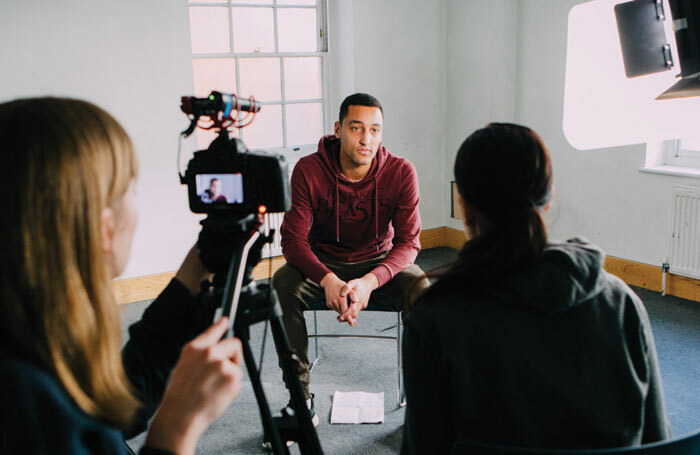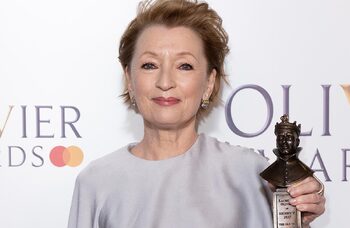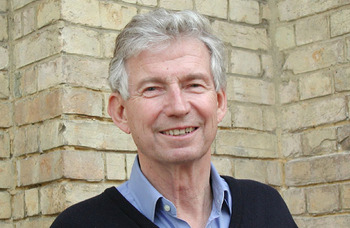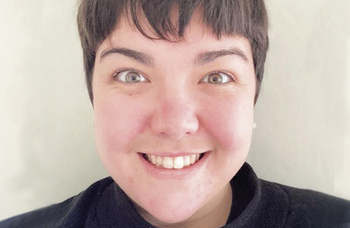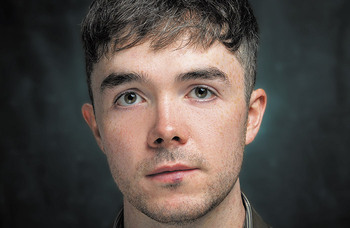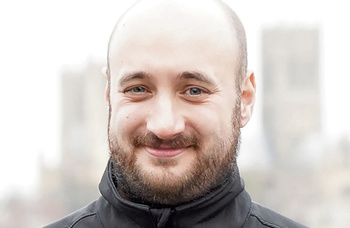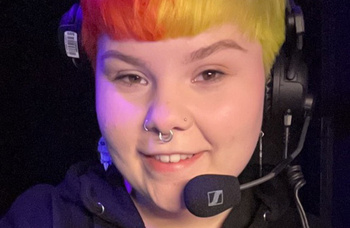How to train successfully as a screen actor
Film actors must invite the camera toward them, a skill that is the direct opposite of stage acting, so practice in front of a camera is essential, as Samantha Marsden finds out.
During the past few years, many acting courses have increased their emphasis on acting for the screen. Not only are there more part-time screen acting courses available, but drama schools and universities are also adding screen acting into their curriculums. RADA, for example, has gone into partnership with Warner Brothers Entertainment and has increased the screen acting element in its acting courses in recent years.
Although acting for the stage and screen have many similarities, there are some significant differences. The screen actor needs to learn how to perform while under the pressure of being on set.
Edward Hicks, head of film, TV and radio at RADA, says: “The biggest issue is the unfamiliar technical challenge that often demands working at speed and out of sequence, while being consistent yet spontaneous despite endless repetition. For the novice screen actor, this can cause a sense of disconnect or tension on set, stopping them from finding an ease, fluidity and connection, which is so important for the screen actor.”
Not only does the screen actor have to master technical difficulties, but he or she also has to learn how to give a different kind of performance. Robert McKee, well known for his widely popular Story Seminar, says: “Stage acting and film acting are fundamentally different. Both actors begin with the same, they create a character from the inside out and they bring the character to life within themselves. But the stage actor gathers up that creation and projects it into the audience. The film actor creates within and then invites the camera toward them to look inside. It’s the direct opposite way of working.”
There’s a lot to master if you want to be a screen actor. Below are some options for improving your skills.
Drama school or university
A BA or MA in acting at drama school or university is a solid foundation for any actor who wants to work in film, television or theatre. If you want to learn about screen acting in particular, make sure to choose a course which incorporates this aspect into the training.
In 2005, the Royal Central School of Speech and Drama launched an MA in acting for screen in response to the need for actors to have more specific training in screen media. The course leader, Amanda Brennan, says: “Although it is often considered that screen actors do less, in many ways this is misunderstood. In fact, there is more action: it is all generated from the inside. So the inner life – which consists of thoughts, sensations, feelings, emotions and all physiological activity – is activated. This is very much what we explore, enabling the actor to find ease, detail and a strong connection to their whole body.”
Short courses and masterclasses
There are several short courses in screen acting from which to choose. The National Film and Television School, for example, is running a six-day intensive this November. This course will be led by BAFTA-award winning director Tony Smith and it will cost £1,000 (freelance rate) or £2,000 (corporate rate).
Actors Studio offers a wide variety of screen acting courses, including a one-day workshop for £59, five-day courses for £729 and a diploma for £2,500.
The National Youth Film Academy offers a 10-day introductory course for £1,000; past speakers for this have included Iain Canning, producer of The King’s Speech, and Gareth Edwards, director of Rogue One and Godzilla. Ben Jones, the talent executive at NYFT says: “The key to screen acting is simple: practise. I always stress to our students that getting yourself in front of a camera as much as possible is essential to improve your skills and help you refine your craft.”
The National Youth Theatre also offers some exciting courses in acting for the screen for young people. Depending on the location of these six-day courses, the cost varies between £299 and £329; they run in York, Manchester, Guildford and London this summer. This course is open to non-NYT members and no audition is required, but you do need to be aged between 15 and 25. The NYT finds that many young people they work with have lots of stage experience, but little or no screen experience. As part of this course, the NYT gives students the chance to watch themselves and each other on screen, with a professional screen director giving notes as they go. Everyone goes away with a scene of themselves that they can use in their showreel.
Another option is Robert McKee’s renowned Story Seminar. Many screen actors – including Geoffrey Rush, Julia Roberts, Drew Barrymore, Diane Keaton and John Cleese – have taken this seminar. The three-day intensive course costs £665 plus VAT. Places are still available in November for the London leg of the world tour.
Becoming an extra
Although becoming an extra won’t teach you how to act, the experience of being on a film set can be useful. There are many extra agencies, but join with caution as too many will take your money but not find you work. You should not pay an agency up front to be on their books – they should take a cut of the work they find you.
Studying at home
Much of learning a craft happens on your own at home. If you’re serious about becoming a screen actor, there are many great books on acting that can be read and put into practice. Also, getting used to the camera is very important, so filming yourself at home is another way to build up the hours of practice you will need to succeed.
More details at: cssd.ac.uk; nfts.co.uk; actorsstudio.co.uk; nyfa.org.uk; mckeestory.com
Opinion
Recommended for you
Advice
Recommended for you
Most Read
Across The Stage this weekYour subscription helps ensure our journalism can continue
Invest in The Stage today with a subscription starting at just £7.99
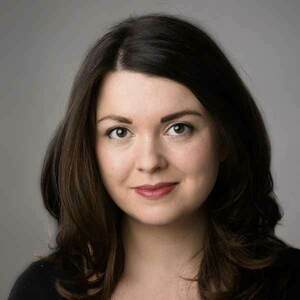 Samantha Marsden
Samantha Marsden